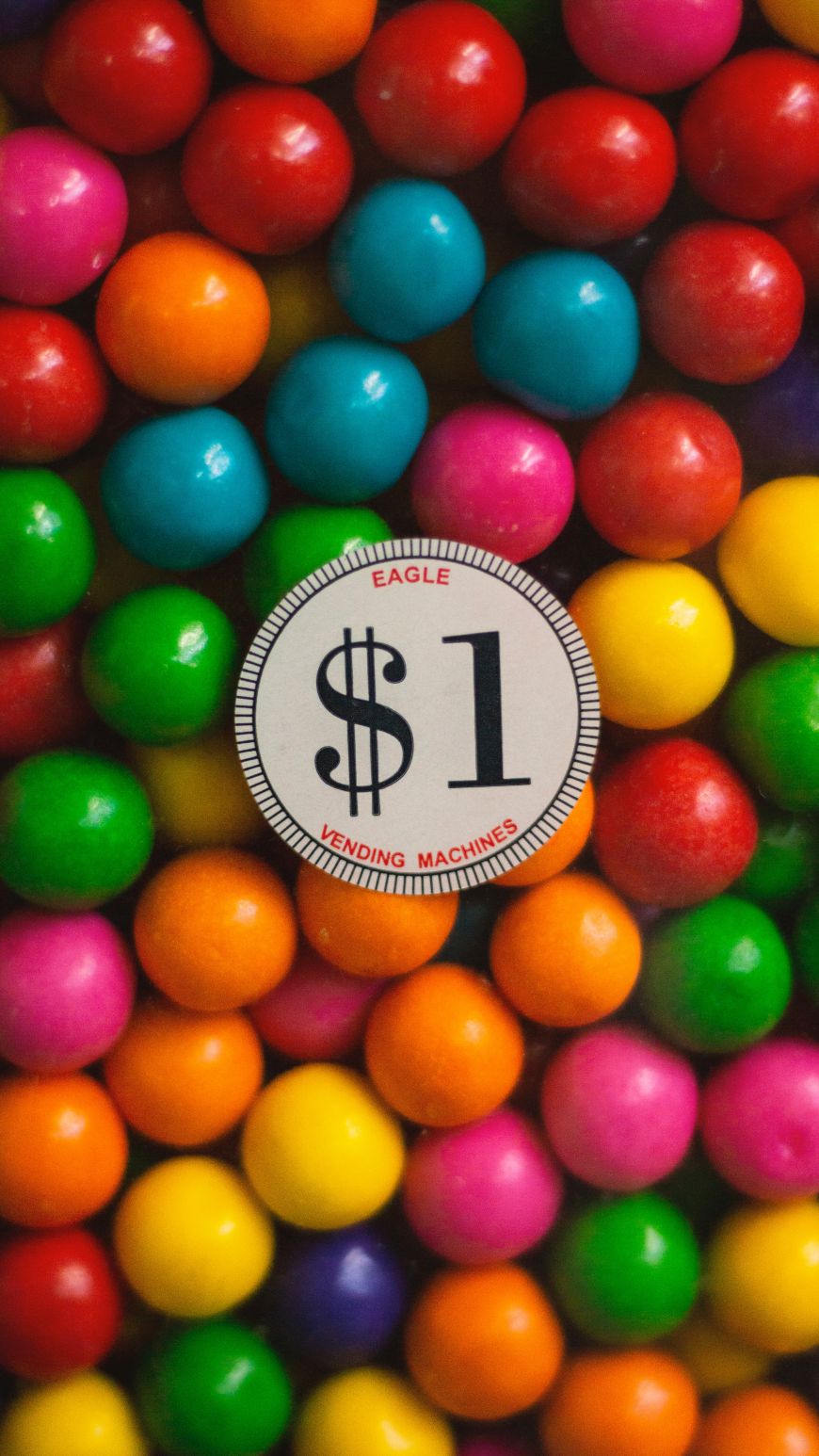BENZOIC ACID & SODIUM BENZOATE
E210, E211, E212, E213, E216, E218
Naturally, Benzoic Acid is an organic compound present in plant and animal tissues, which can also be produced by microorganisms. It protects against yeasts, moulds, and certain types of bacteria and is a naturally occurring chemical found in a range of fruits, vegetables and dairy products.
Synthetically, Benzoic acid and a wide range of derivatives and related benzenic compounds, such as salts, alkyl esters, parabens, benzyl alcohol, benzaldehyde, and benzoyl peroxide, are commonly used as antibacterial and antifungal preservatives and as flavouring agents in food, cosmetic, hygiene, and pharmaceutical products.
Sodium Benzoate does not occur naturally. It is the sodium salt of benzoic acid, synthesized by combining benzoic acid with sodium hydroxide. Easily soluble and when mixed with water produces benzoic acid. Potentially manufactured from the petrochemical, and human carcinogen, Benzene.
As a result of its natural occurrence, synthetic mass production and widespread use, these compounds are largely distributed in the environment and found in water, soil, and air. Consequently, human exposure to them can be high, common, and lengthy.
When sodium benzoate is combined with vitamin C, as in soft drinks, juices and jams, then exposed to high temperatures or light, the cancer-causing chemical Benzene can form. See A-Z Directory for Benzene
It can cause symptoms such as asthma, skin rashes, eczema, itching, gastrointestinal irritation and red eyes.
Below is a list of foods that contain Benzoic Acid NATURALLY
Fruit
Apple, Apricot, Strawberries, Blackberries, Blueberries, Boysenberries, Cherries, Cranberries, Grapes (red & grapes), Raisins, Grapefruit, Lemon, lime, Mango, Orange, Pear, Pineapple, Plum, Prune, Quince, and Coconut
Vegetables
Rhubarb and Tomatoes
Dairy
Milk (cow & goat), Albumin from cow’s milk
AND the spice, CINNAMON also look for spice extracts, ground cinnamon, mixed spice, cinnamon oil, cinnamal or cinnamic aldehyde on food labels.
Below is a list that may contain Benzoic Acid/Sodium Benzoate E-numbers E210-E219
|
FOODS |
COSMETICS |
|
MOST PROCESSED FOODS Fruit juices Soft Drinks Beers Salad dressings Sauces Pickles Jams Jellies Coconut milk Cocktail, Glace, & Maraschino cherries Icings Chewing gum Sweets Ice creams Margarine Cheeses Meats
|
MOST common beauty products Face creams & cleansers Medicated face washes Body moisturisers Deodorant Shower gel Bubblebath Mouth Wash Toothpaste Perfumes Sunscreens Makeup Haircare products Fungal creams Insect creams Eczema creams Ventolin syrup |
Safety & Side Effects
Benzoic acid does have several side effects associated with its use. The highest risk groups for experiencing these side effects include children with an increased level of hyperactivity and behavioural changes. As well as people sensitive to aspirin and people with liver conditions such as hepatitis.
www.livestrong.com/sodium-benzoate